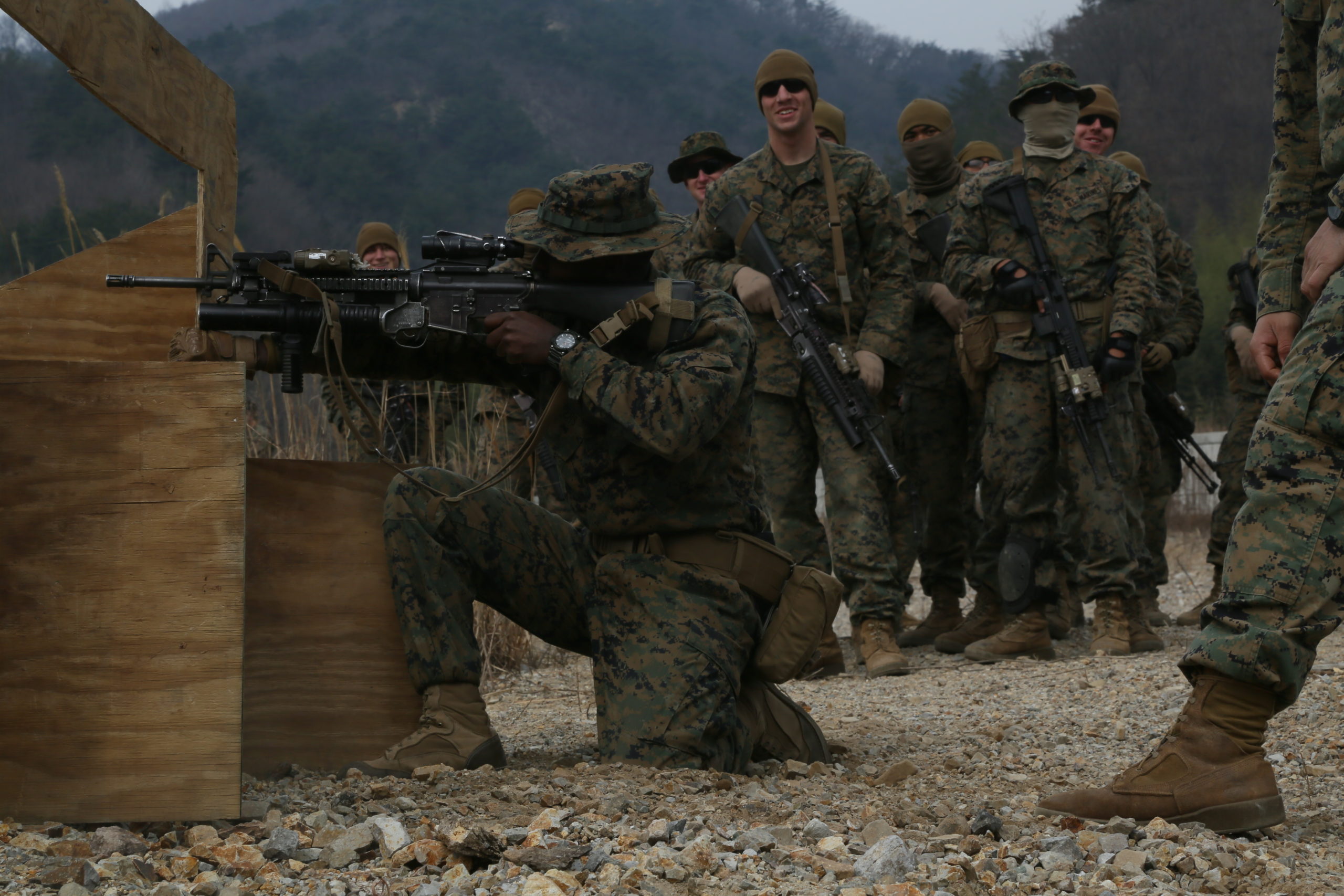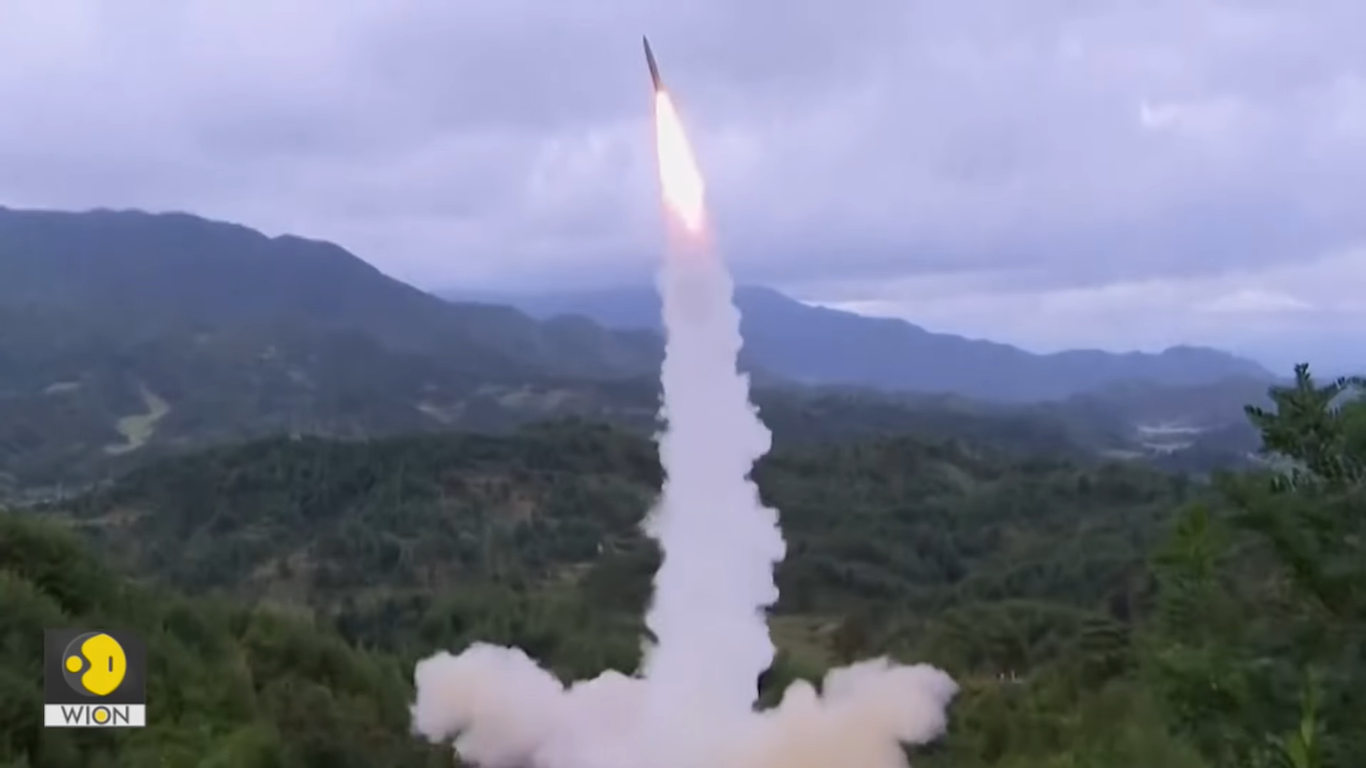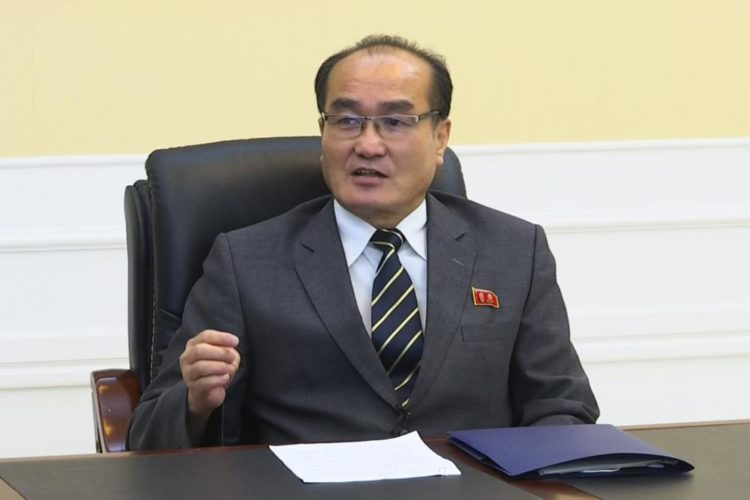Despite organizing military drills as the US and South Korea’s “regular events” in the military, North Korea views the military exercises negatively. North Korea has warned the US and South Korea that they will confront “unprecedented” security problems if they do not halt their defensive military pressure operation against the North, which covers joint military drills.
Even though the US and South Korea have repeatedly stated that they have no plans to invade North Korea, officials interpret any routine military exercises conducted by the two countries as an “invasion rehearsal” for an incursion. The most recent caution was sent as the US and Seoul prepared to increase the scope of their planned summertime training in response to the North’s series of provocative missile tests this year.
“Should the US and its allies opt for military confrontation with us, they would be faced with unprecedented instability security-wise,” Choe Jin, deputy director general of the Institute of Disarmament and Peace, a Foreign Ministry-run think tank, told a news agency in Pyongyang on Thursday.
According to Choe, joint military drills staged by Washington and Seoul this year push the Korean Peninsula perilously close to the precipice of conflict. He claimed that US and South Korea officials were conspiring to convene during the upcoming joint exercise to discuss “nuclear strategic assets” positioning from the US. This exercise will commence the following month but has no precise details yet.
As Choe put it, “The US should keep in mind that it will be treated on a footing of equality when it threatens us with nukes,” adding that the US must end its “its anachronistic and suicidal policy of hostility” against North Korea or else, they will endure “an undesirable consequence.” In response, North Korea frequently conducts missile tests or engages in aggressive posturing to caution the two parties.
After their meeting in May, the US President, Joe Biden, and the newly elected President of South Korea, Yoon Suk Yeol, announced that they would consider expanding their joint military drills as a preventative measure against nuclear threats from North Korea. Biden also underlined the American commitment to “extended deterrence” toward South Korea, which refers to the US’s whole range of defensive weapons, including nuclear capabilities.
Their statement represented a shift in strategy from that of their successors, who had made a similar announcement. Former President of the US Donald Trump was also vocal about his dissatisfaction with the cost of joint military exercises with South Korean President Moon Jae-in. On the other hand, Moon Jae-in has been criticized for his engagement policy, which others believe has allowed North Korea more time to perfect its weaponry. Yoon said this was Moon’s way to curry favor with North Korea at the expense of the US.
Drill Resumption

In April, South Korea and the US began their annual joint military exercise after a long postponement brought by the pandemic. North Korea commenced “in earnest” preparations for a large military march anticipated to be held during the joint military training period. Under the leadership of Moon Jae-in, this will be the final joint military exercise between South Korea and the US. However, it has been claimed that both countries will not complete an evaluation of the Full Operational Capability of the South Korean military, which is necessary to transfer wartime operational control to South Korea.
Under the new Yoon Suk Yeol administration, the US and South Korea’s biannual military exercises want to hold 11 joint field exercises this summer, one at the brigade level. In addition, it was stated that they intend to conduct a more significant number of combined field exercises of regimental level or higher.
The North Korean Response
.@USForcesKorea & Republic of Korea militaries conducted a combined live-fire exercise this morning.
This exercise used 1 @USArmy missile and 7 @ROK_Army missiles.
Details –> https://t.co/UUe45BCl4z@ROK_MND | @INDOPACOM | @UN_Command | #탄도미사일 pic.twitter.com/4wGnrTjOBu
— U.S. Forces Korea (@USForcesKorea) June 6, 2022
Last June, a day after South Korea and the US concluded their naval operations in the Philippine Sea, North Korea executed a test launch of eight short-range ballistic missiles towards the sea off its east coast. According to the Joint Chiefs of Staff of South Korea, the missiles were launched from the Sunan district of Pyongyang, the capital of North Korea. The rockets soared between 110 km-600 km or 70-370 miles at altitudes between 25 km to 90 km or 15-55 miles.

This was North Korea’s 18th round of missile tests in 2022 alone, a run that featured the nation’s first demonstrations of intercontinental ballistic missiles (ICBMs) in almost five years. According to authorities from South Korea and the US, there are indications that North Korea is also moving on with preparations at its nuclear testing ground in the town of Punggye-ri, located in the north-eastern region of the country. The next nuclear test would be the seventh attempt conducted by North Korea since 2006, and it would be the first one shown by the government after it claimed in September 2017 to have exploded a thermonuclear weapon that could fit on its ICBMs.










COMMENTS